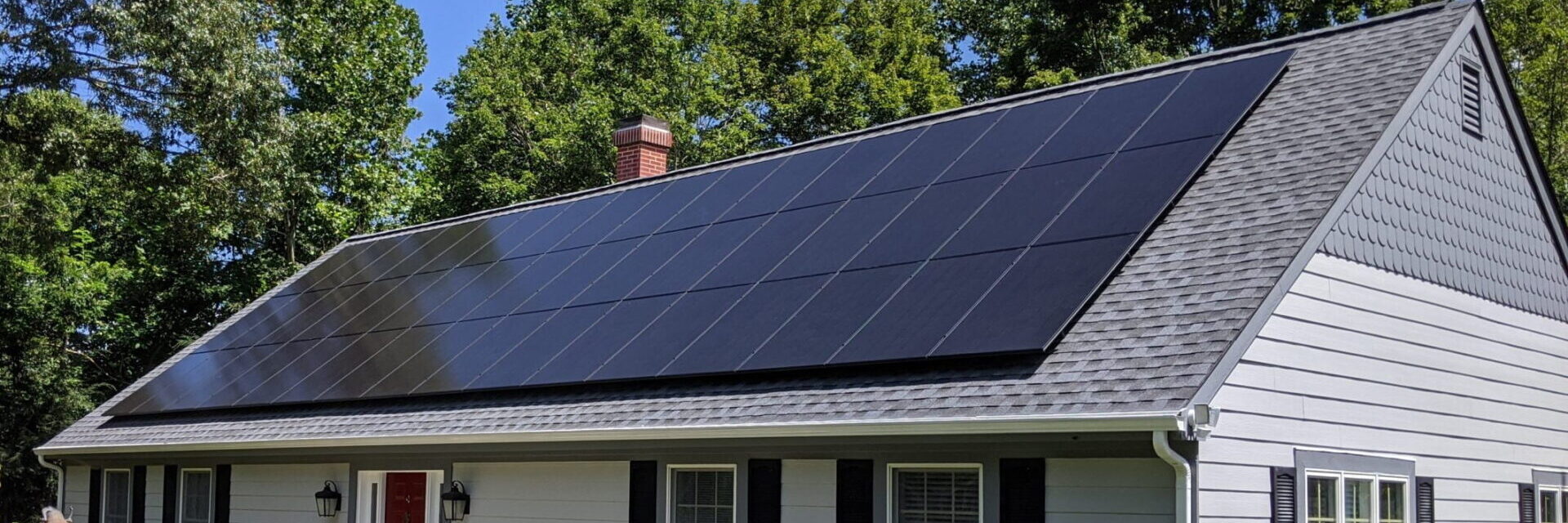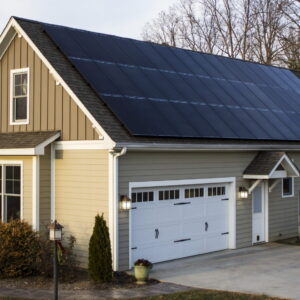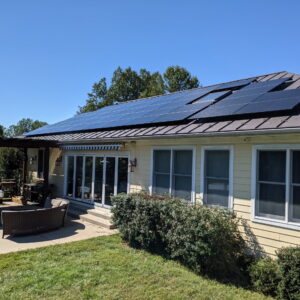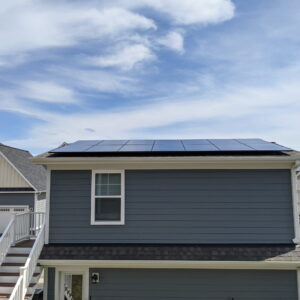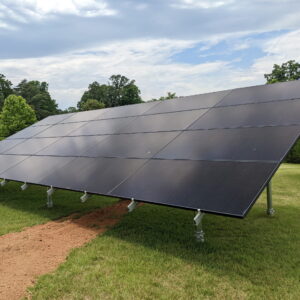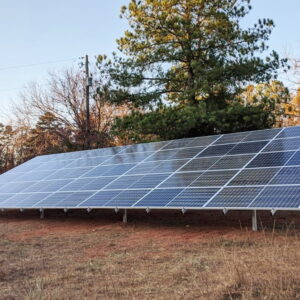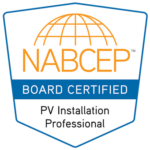Investing in solar lowers your electric bill and secures your energy needs. While most residential systems pay for themselves in 10 – 12 years, these solar systems can save you and your family money for decades to come.
In addition to all that, the environmental benefits of solar energy are substantial. An average residential system offsets more CO2 than 200 trees each year.

